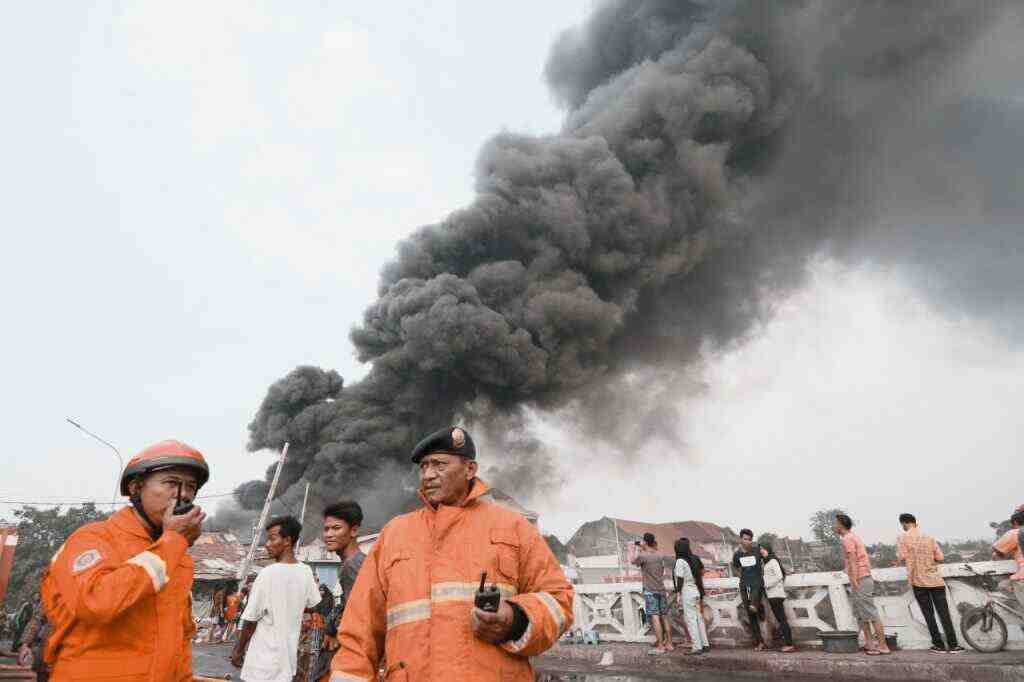4.2-Magnitude Earthquake Jolts San Bernardino: A Comprehensive Analysis
On August 23, 2024, at approximately 7:43 p.m. Pacific Time, a 4.2-magnitude earthquake shook the San Bernardino area, sending tremors through the region and causing concern among residents. The temblor, with an epicenter 1.864 miles southwest of San Bernardino, occurred at a depth of about 5.6 miles (9 kilometers), resulting in widespread shaking across the region.
Intensity and Shaking
Residents in a wide area surrounding the epicenter reported feeling the earthquake. Tremors were felt in Burbank, Santa Fe Springs, Chino, Fontana, and beyond. The shaking was described as a jolt or a sudden movement that caused objects to rattle and sway. Some residents experienced it as a strong vibration, while others felt a gentler tremor.
Immediate Response
Following the earthquake, local authorities and emergency services personnel were activated to assess the situation and respond to any potential needs. Fortunately, there were no immediate reports of injuries or structural damage. However, inspections were underway to ensure the safety of buildings and infrastructure.
Expert Analysis
Dr. Allen Husker, a seismologist at CalTech’s Seismological Laboratory, explained that the earthquake’s proximity to the surface and its occurrence in a populated region contributed to the widespread shaking. He emphasized the importance of earthquake preparedness, urging residents to be aware of potential risks and have a plan in place.
Public Reaction
Residents who experienced the earthquake expressed a range of emotions, from fear and anxiety to curiosity and excitement. Many took to social media to share their experiences, post videos of the shaking, and check in with friends and family to ensure their safety.
Aftershocks and Ongoing Monitoring
Following the initial earthquake, there were several aftershocks reported in the area. These aftershocks were generally smaller in magnitude and caused less shaking, but they served as a reminder of the ongoing seismic activity in the region. USGS and other monitoring agencies continued to track the situation and provide updates on any significant seismic events.
Conclusion
The 4.2-magnitude earthquake that struck San Bernardino was a stark reminder of the seismic hazards that exist in the region. While there were no immediate reports of injuries or structural damage, the earthquake served as a call for continued preparedness and awareness among residents and authorities. Ongoing monitoring and analysis of seismic activity will help inform future earthquake preparedness efforts and ensure the safety of communities in the area.
Additional Information
- For detailed information on the earthquake, including its location, magnitude, depth, and felt area, visit the USGS website: USGS Earthquake Hazards Program.
- The California Earthquake Clearinghouse offers resources and information on earthquake preparedness and safety: California Earthquake Clearinghouse.
- The Federal Emergency Management Agency (FEMA) provides guidance on how to prepare for and respond to earthquakes: FEMA Earthquake Preparedness.
